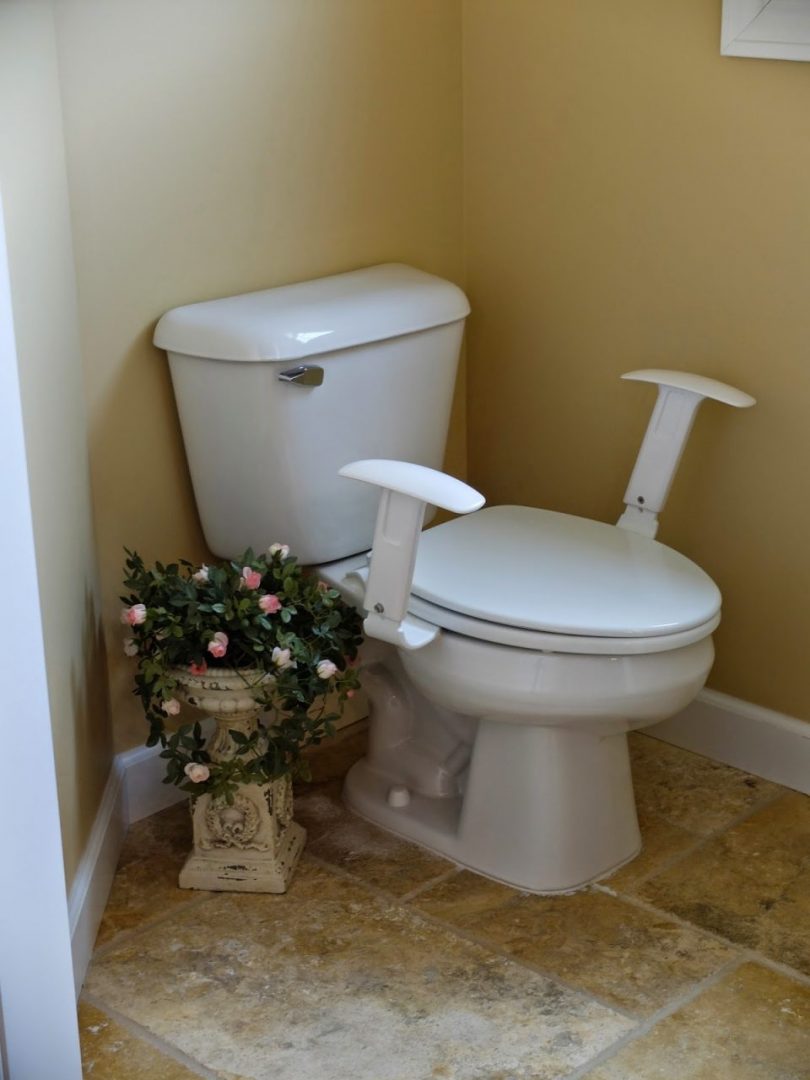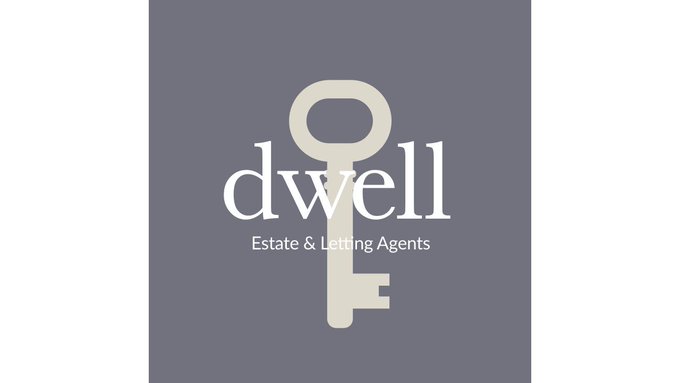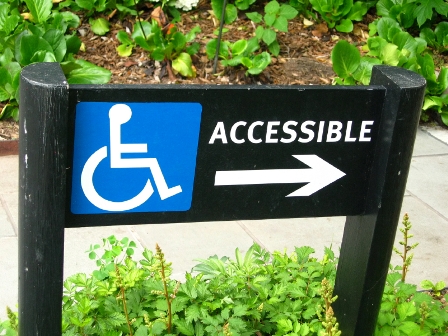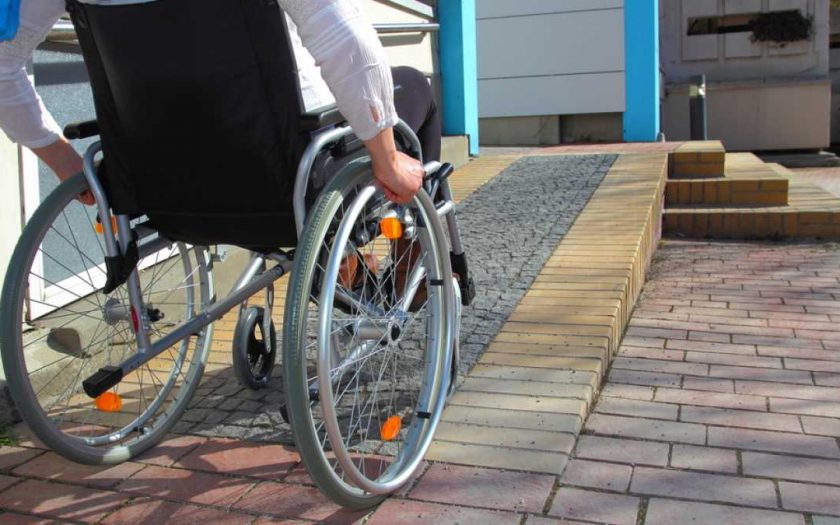By Jon Graham, Managing Director of Dwell Estate and Letting Agents
“In 2018, the Equalities and Human Rights Commission revealed that 93% of housing on the private rental market is not accessible for people with a mobility impairment.
Given that 27% of disabled people rent privately, it is estimated that around 365,000 disabled people live in housing that does not meet their needs.
Government officials responded to this finding by putting the onus on landlords to adapt their property to meet the needs of disabled tenants, but there are still no laws that obligate any such changes to be made to current buildings.”

“To try and counter this shortage of suitable housing, here are some tips on finding suitable accommodation, as well as how reasonable adjustments can be made to your currently rented home.”
FINDING A HOME TO RENT

“There is currently no single one place, either on or offline, where all privately owned wheelchair accessible property is listed.
Although some of the new property rental portals such as Zoopla and Rightmove have filers that allow you to only bungalows, and these filters are specifically aimed to help people who have difficulty getting up stairs, these bungalows are not necessarily accessible to wheelchair users from the outside.
There have been attempts to create websites for the specific purpose of listing only accessible property, with The Accessible Property Register being one such example.This only offers a very small selection of homes, and in specific cities, however.”

“Disabled house hunters are therefore best off working closely with letting agents who have a deep local knowledge in their desired area and can get to know your individual needs as best as possible.
Accessible homes are scarce, and there is little way around this fact at this point in time so it’s important to start the house hunt early and cast your net as wide as you can.”

Jon Graham of Dwell Estate and Letting Agents
LAWS FOR PRIVATE LANDLORDS AND LETTING AGENTS AND RIGHTS FOR DISABLED TENANTS
“Landlords and lettings agents are held to the Equality Act 2010. By the letter of the law, private landlords and letting agents cannot:”
Refuse to house a tenant due to their disability
Refuse to house a tenant due to having a guide or other assistance dog under the ‘no pets rule.’
Charge a premium to disabled tenants
Threaten a tenant with eviction due to their disability

“It’s important to note that a landlord ‘not being allowed refusing to house a tenant due to their disability’ is NOT the same as ‘a landlord must adapt their home to accommodate a potential tenant who is disabled’.
You therefore can take a landlord or letting agency to court if you feel that you are being denied housing solely because of your disability, but you cannot just because they do not provide accessible housing in the first place.
While newer residential property developments do have to meet minimum requirements for accessibility, including wheelchair accessibility, these requirements have only come into effect in the last few years, meaning that their positive effects are only starting to be felt. Again, local letting agencies should be aware of where new accessible builds are being developed.”

MAKING REASONABLE ADJUSTMENTS TO YOUR CURRENT ACCOMMODATION
“Reasonable adjustments to your rented accommodation, such as fitting wheelchair ramps or the raising of plugs, need to be agreed to by both yourself and the landlord. Landlords are obligated to make reasonable adjustments to their property when it is occupied by a tenant.
In this context, the term ‘reasonable’ is based on what is practical and affordable. Therefore, if there is no evidence that a tenant is going to occupy a property for the long-term, landlords are well within their right to refuse paying for expensive adjustments to their property as there is no guarantee that this will be covered by future rental yield. If you require adjustments made to your rented accommodation, you therefore need to:”
Gain permission from your landlord for the works to take place.
Provide adequate justification for the work to happen at the landlord’s expense, or get a grant to fund the work.

“When asking for your landlord’s permission to make reasonable adjustments to their property you should put the request in writing. Landlords or letting Agencies are required to respond within six weeks.
Convincing a landlord to make these adjustments can be very difficult, especially if there is no prior relationship. It is therefore best to try and seek a grant to fund these reasonable adjustments. In England, any reasonable adjustments that cost under £1,000 can be covered by the local council. If more expensive work is required, you can apply for a Disabled Facilities Grant that covers the provision of reasonable adjustments to a property for up to £30,000.
To apply for this you need to confirm that you plan to stay in the property for the next 5 years, and this needs to be evidenced by both a tenant’s and owner’s certificate from you and your landlord respectively. As of march 2018 the DFG can also be used to fund adjustments to the common areas of a block of flats or HMO that you currently occupy.”
Jon Graham, Dwell Letting & Estate Agents
5-6, St. Chads Parade, Otley Road, Leeds, LS16 5JH
0113 246 4860 – info@dwell-leeds.com
CLICK HERE for more information form Dwell

